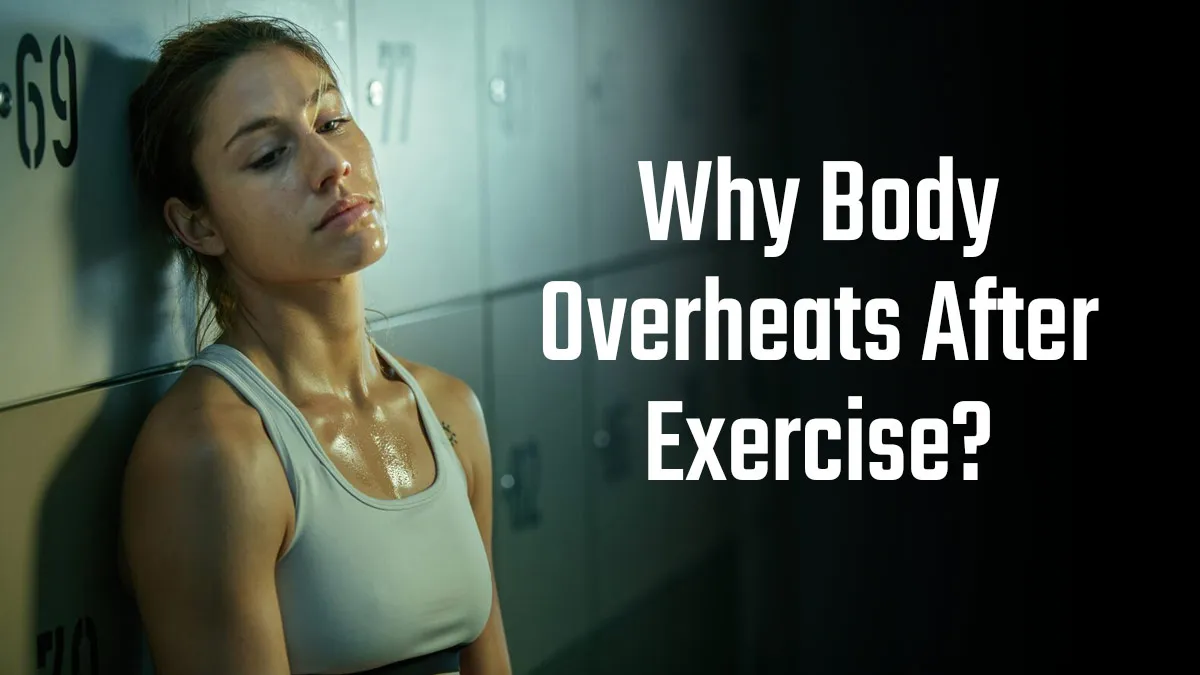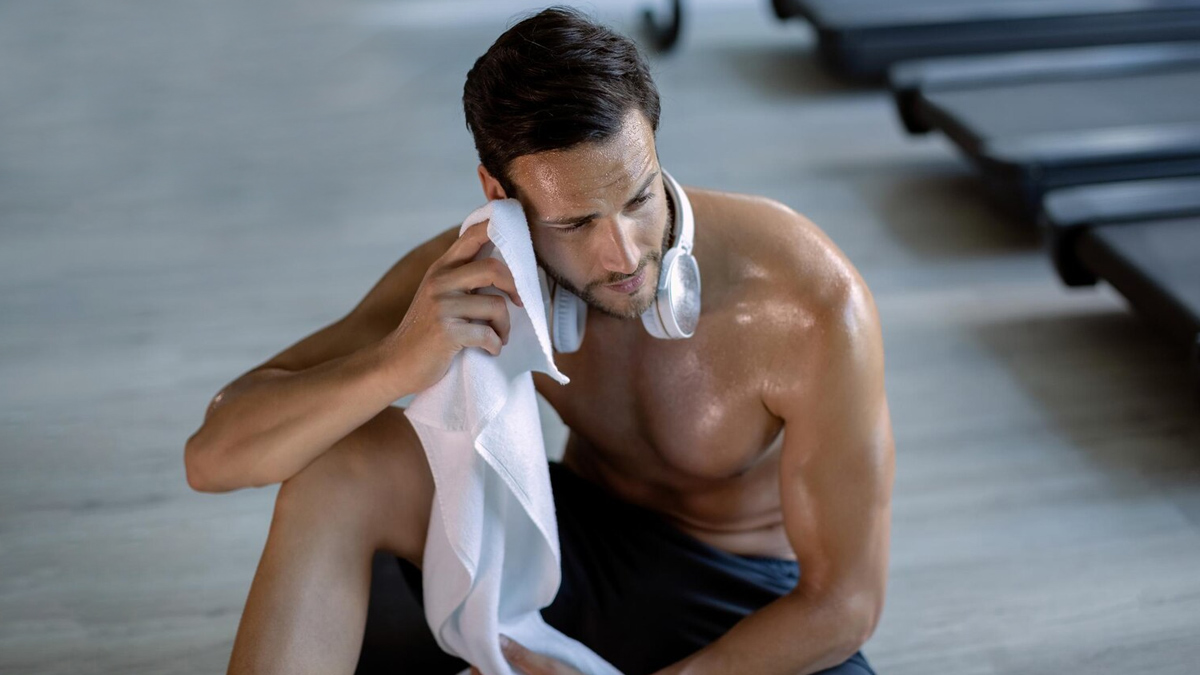
Feeling unusually hot or sweaty after a workout is normal. But if your body feels like it’s overheating long after exercise, it could signal something’s wrong. Exercise is a crucial part of maintaining physical health, but it can sometimes lead to overheating, a condition that can range from mild discomfort to serious health issues like heat exhaustion or heat stroke. Overheating during or after exercise is often a result of factors such as inadequate hydration, sudden environmental changes, or excessive physical exertion.
Table of Content:-
An expert explained the importance of proper rest and post-workout routines to prevent overheating. Read ahead to learn more about the common causes of overheating after exercise and provide expert advice on how to manage and prevent it.
Why Does Overheating Happen After Exercise?
View this post on Instagram
Dr Anuj Kumar Kadian, Orthopedic Surgeon, Newlife Multispeciality Hospital and Trauma Centre, Gurugram, explains, “Overheating often happens when muscles aren’t given proper rest or when you rush into a cold AC room post-workout.” While exercise naturally raises body temperature, excessive heat, dizziness, or prolonged sweating need attention. According to Dr Kadian, overheating is usually linked to poor recovery habits or external factors. Here are the top causes:
- Dr Kadian explains that failing to provide adequate rest between workouts makes your body work harder to produce excess body heat.
- Your body fails to understand heat regulation when it transitions from vigorous activity into a freezing air-conditioned environment.
- Dehydration: Sweating drains fluids. Your body faces difficulty with temperature management when it lacks fluid.
- The high levels of cortisol (stress hormone) result in increased body temperature.
ALSO READ: Keeping Your Wallet in Back Pocket and Sitting On It? Here Is How It May Be Dangerous
How to Cool Down Safely?

The prevention of overheating requires the following measures are mentioned below.
- The smart move is to stay hydrated by drinking water both before exercise during exercise time and after activity. Add electrolytes if sweating heavily.
- Shift away from cold air conditioning areas step by step before returning to room temperature. Adopt room temperature for several minutes before trying any cooling measures.
- The expert mentions that a cold shower promotes muscle recovery yet you need to use lukewarm water when experiencing dizziness to stabilise blood circulation.
- One to two rest days each week enables your muscles to heal adequately.
What Science Says About Stress and Overheating
A 2022 study in the Journal of Sports Medicine found that high cortisol levels can disrupt the body’s ability to regulate temperature. Participants under stress reported 20% more overheating episodes during exercise than relaxed individuals. The study highlights that stress management—through yoga, meditation, or sleep—can reduce post-workout overheating risks.
When to Worry: Signs You Need Medical Help
Medical attention becomes necessary if you notice any of these warning signs. Pay attention to the following indications that signal a problem with overheating even if mild overheating happens often:
- Severe dizziness or fainting
- Confusion or slurred speech
- You should not sweat even though you are hot (this indicates heatstroke)
- Chest pain or rapid heartbeat
Prevention Tips for Long-Term Safety
-1741692020467.jpg)
- Select garments that will breathe to avoid heat-sticking fabrics made from synthetic materials.
- Perform exercise either during morning hours or late evening as your summertime workout schedule.
- Fitness trackers serve to track intensity levels which help prevent overexertion.
- The body heat becomes more manageable when you consume cucumber and watermelon and drink mint beverages.
ALSO READ: Stiff Hips in the Gym? Identify the Causes and Learn How to Loosen Up
Conclusion
Overheating after exercise is often a fixable issue. By resting well, hydrating, and avoiding sudden temperature shocks, you can keep your body cool and safe. Your workout should energise you, not leave you feeling burnt out. Listen to your body, recover smartly, and sweat smarter!
Also watch this video
How we keep this article up to date:
We work with experts and keep a close eye on the latest in health and wellness. Whenever there is a new research or helpful information, we update our articles with accurate and useful advice.
Current Version